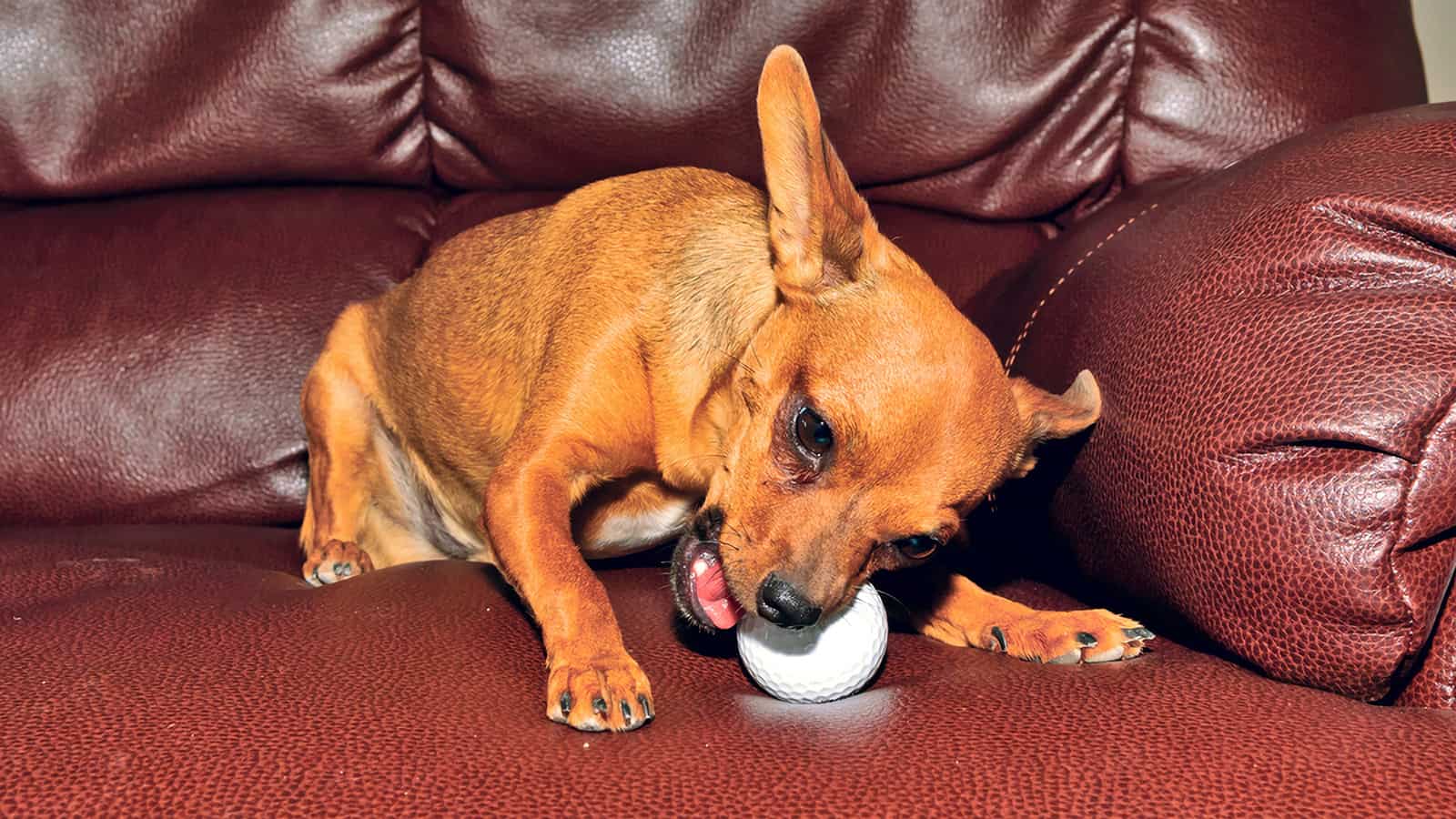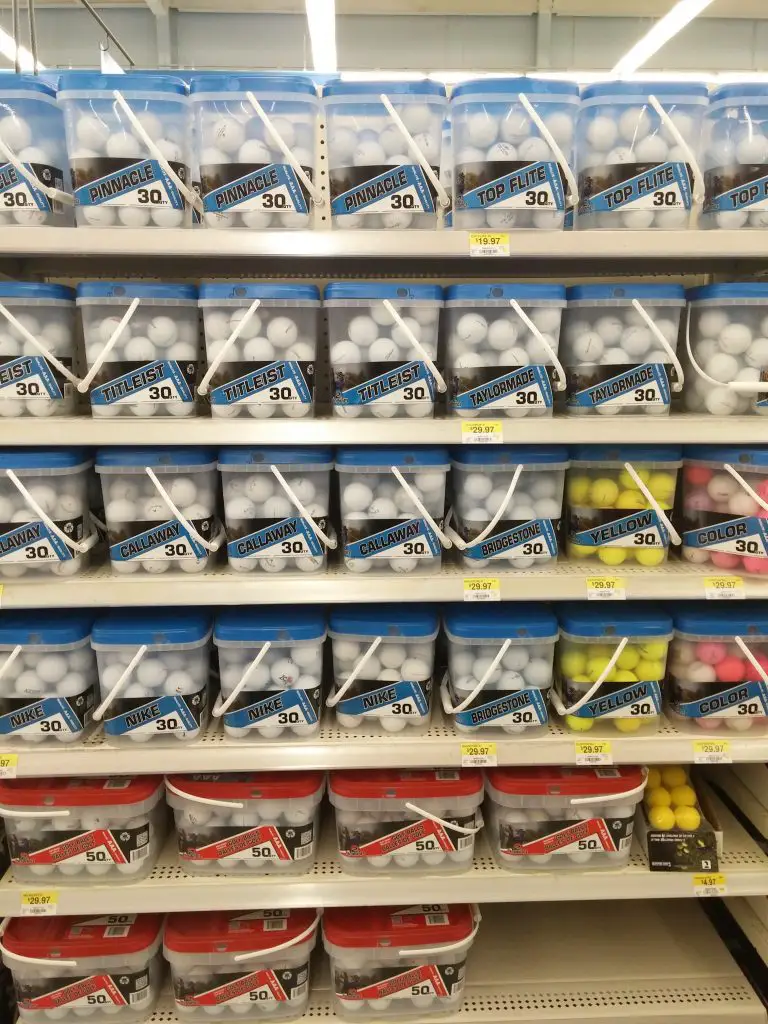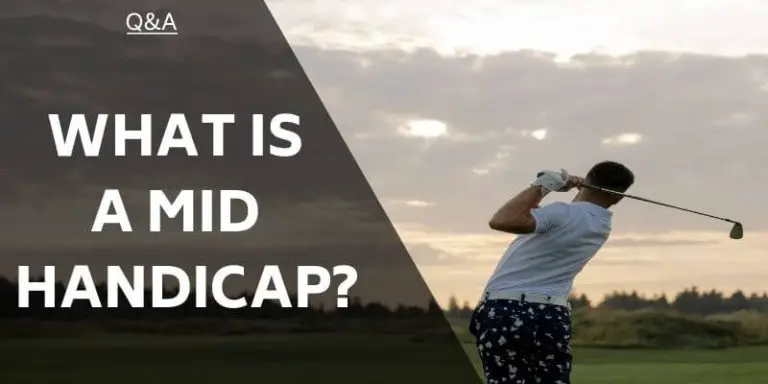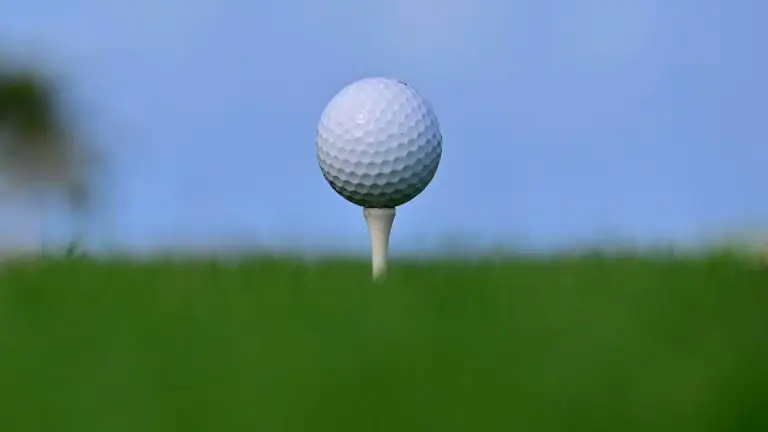Are Golf Balls Safe for Dogs
Golf balls are a common sight on the greens of golf courses around the world. But for dog owners, the question remains – are golf balls safe for dogs? While golf balls may seem like harmless toys to play with, they can pose significant health risks to our furry friends.
As a responsible pet owner, it’s important to understand the potential dangers of golf balls and take precautions to keep your dog safe. In this article, we’ll delve into the safety of golf balls for dogs, the potential risks, and how to prevent golf ball ingestion in dogs.
Golf balls are small, hard objects that can pose a range of health risks to dogs. The risks associated with golf balls depend on various factors, such as the size of your dog, the type of golf ball, the quantity of golf balls ingested, and the time lapse since ingestion. For smaller dogs, golf balls can be a choking hazard if swallowed, while larger dogs may be at risk of gastrointestinal obstruction, tooth fractures, and internal injuries.
Symptoms of golf ball ingestion in dogs can range from mild to severe, with common symptoms including vomiting, diarrhea, lethargy, loss of appetite, and abdominal pain. More serious symptoms, such as difficulty breathing or swelling in the abdomen or throat, can be life-threatening and require immediate medical attention.
Preventing golf ball ingestion in dogs is crucial, and there are several ways to do so. You can keep golf balls out of reach, train your dog to leave golf balls alone, use alternative toys for dogs, and be vigilant during walks or visits to golf courses.
In this article, we’ll explore the potential risks associated with golf balls for dogs, the symptoms of golf ball ingestion, and how to prevent golf ball ingestion in dogs. By the end of this article, you’ll have a better understanding of the risks associated with golf balls and the importance of taking precautions to keep your furry friend safe.

The Safety of Golf Balls for Dogs
Golf balls are small, hard objects that can pose a range of health risks to dogs. The risks associated with golf balls depend on various factors, such as the size of your dog, the type of golf ball, the quantity of golf balls ingested, and the time lapse since ingestion.
For smaller dogs, golf balls can be a choking hazard if swallowed. If a golf ball becomes lodged in their throat, it can cause severe respiratory distress, leading to potentially fatal consequences. Additionally, if a dog manages to ingest a golf ball, it can cause gastrointestinal obstruction, tooth fractures, and internal injuries.
Factors such as the type of golf ball and the quantity of golf balls ingested can also affect the severity of the risks. For example, if a dog ingests multiple golf balls, the risk of gastrointestinal obstruction and internal injuries increases.
Symptoms of Golf Ball Ingestion in Dogs
If your dog has ingested a golf ball, they may exhibit various symptoms. Common symptoms include vomiting, diarrhea, lethargy, loss of appetite, and abdominal pain. More serious symptoms, such as difficulty breathing or swelling in the abdomen or throat, can be life-threatening and require immediate medical attention.
Preventing Golf Ball Ingestion in Dogs
Preventing golf ball ingestion in dogs is crucial. One way to prevent it is to keep golf balls out of reach. You can also train your dog to leave golf balls alone and use alternative toys for dogs. When walking your dog or visiting golf courses, be vigilant to avoid any accidental ingestion.
Conclusion
In conclusion, golf balls can pose a significant threat to the health of dogs. While it may be tempting to let your furry friend play with golf balls, it’s crucial to take precautions to keep them safe. By being vigilant and following prevention measures, you can ensure that your dog stays healthy and happy. If you suspect your dog has ingested a golf ball, seek veterinary attention immediately to avoid any severe health issues.






На данном сайте доступен Telegram-бот “Глаз Бога”, который проверить данные по человеку из открытых источников.
Сервис активно ищет по номеру телефона, используя доступные данные онлайн. Благодаря ему осуществляется бесплатный поиск и детальный анализ по запросу.
Инструмент актуален на август 2024 и поддерживает фото и видео. Бот сможет найти профили в открытых базах и предоставит результаты в режиме реального времени.
рабочий глаз бога телеграм
Это сервис — идеальное решение для проверки людей через Telegram.